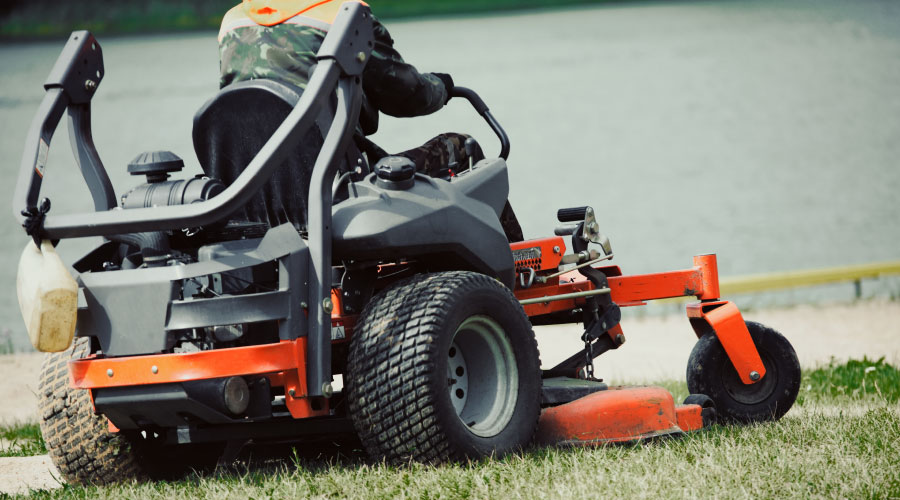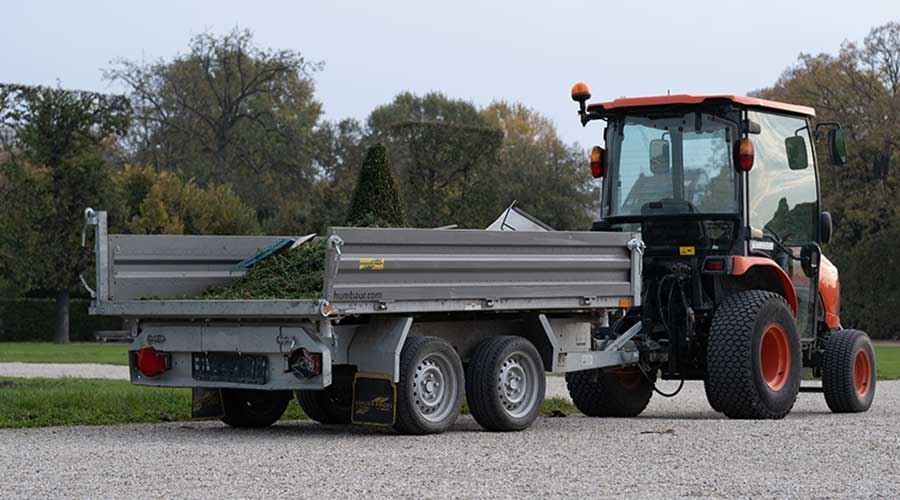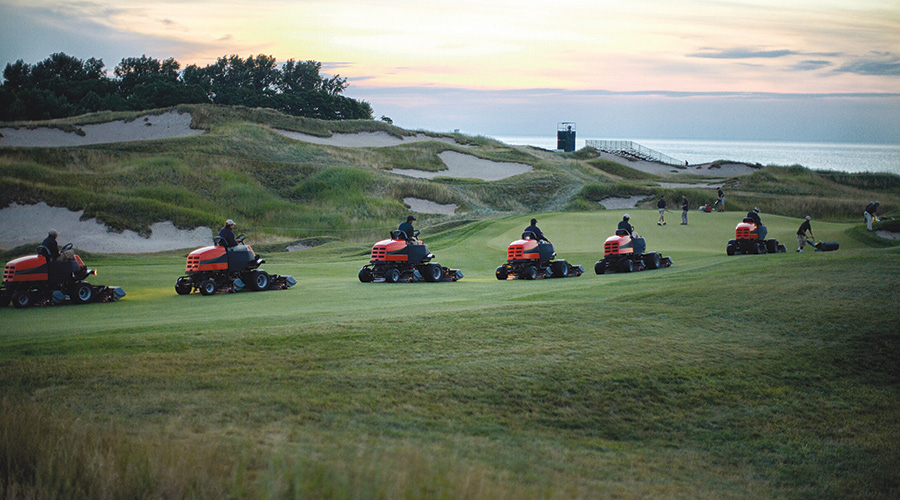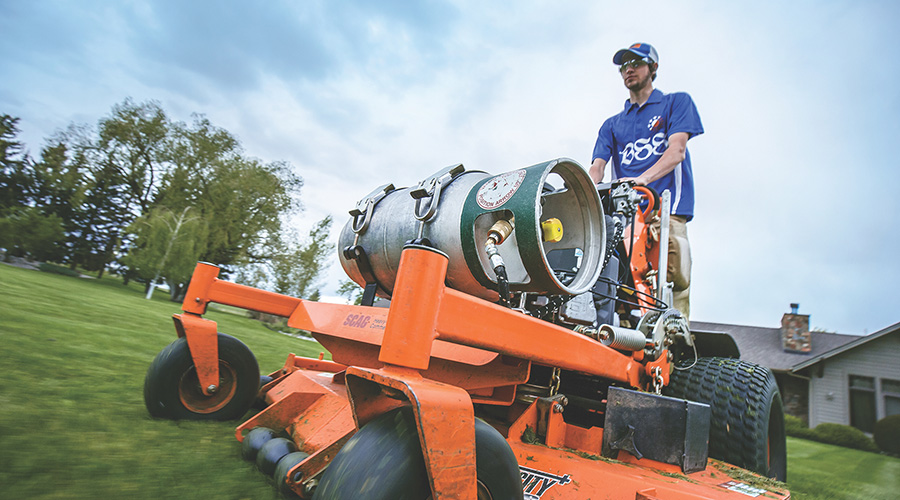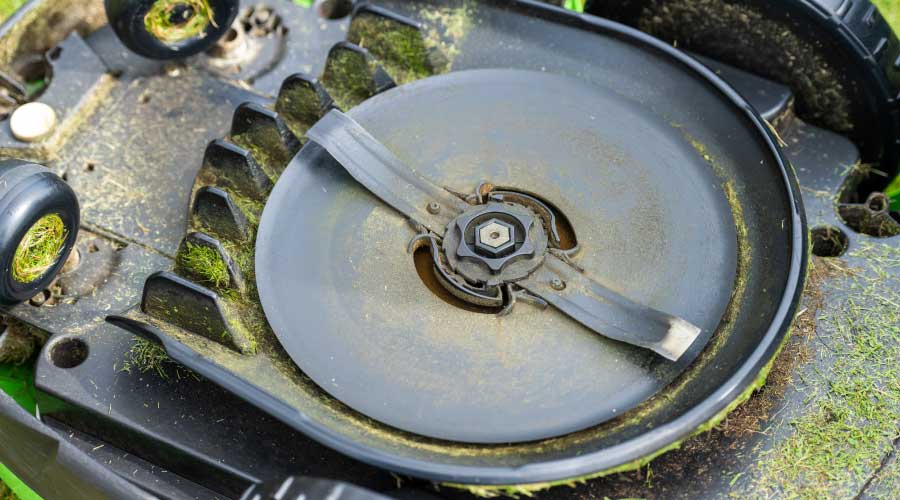Maximizing Your Commercial Mowing Program
Mistakes during specification, training and mowing can create long-term challenges for grounds operations.
Commercial mowers are among the most expensive pieces of equipment grounds managers at institutional and commercial facilities will invest in.
To ensure the mowers deliver their return on investment, managers need to conduct training to ensure operators use mowers safely and store and maintain them properly.
While operating and maintaining mowers is essential, the key to a successful mowing program starts well before operators put the mowers into action.
Managers must consider several factors beyond simply beyond, “making tall grass short,” says Brent Dobson, government and national fleet accounts manager for Grasshopper.
“A property’s exterior appearance impacts property value, tenant retention, consumer experience — the overall image of a facility," he says. "You’re every bit a part of the facility brand as a marketing department, and the grounds department is in the business of first impressions and safety. Success is dependent on your grounds department’s equipment, training and technique.”
Considering options
When researching the most appropriate mowers for their grounds, managers should avoid locking in on specific machines and instead consider a range of factors.
“You need to have the right machine for the right job,” says Jon Warner, professional national account manager with Stanley Black & Decker. “Some properties require specific machines to maintain their aesthetics, and having too big or too small of a machine could impact that.”
When choosing a mower to match the landscape’s demands, managers first must consider the mowing area.
“I find that sometimes departments don’t know the full gambit of what options are out there,” says Matt Anderson, district sales manager, sports field sand grounds–west territory for the commercial division of The Toro Co. “For instance, you see some operations running a fleet of zero-turn mowers mowing big acreage. They may be unaware of large mower options. Or if they are aware, they assume those options are cost-prohibitive. When you look at acres per hour of mowing production, large-area rotaries are often more cost-effective than smaller units.”
As with any task, the better the tools, the better the performance.
“A commercial zero-turn mower — or fleet of mowers, depending on the organization’s capacity — is essential for producing a quality cut efficiently and for managing large properties with swaths of turf,” Dobson says.
Comfort is also a factor because operator fatigue “and literally labor pains can cause attrition,” he says. Providing crew members with equipment that is ergonomically designed and safe is critical. “A commercial mower should have a rollover protection system, and it should comply with local, state and federal standards for workplace and worker safety.”
When looking for a manufacturer or dealer to work with, managers should look for a partner who will stick with them through the entire process, from purchasing the mower through the life of the machine.
“That information includes typical specifications and recommended usages, as well as maintenance procedures,” says Tom Vachal, senior turf product manager for Kubota. “We like to educate (managers) on matching equipment for the task at hand. This will deliver the best customer experience and get the task done right. We also like to recommend proper maintenance methods for the equipment, as proper maintenance will improve product performance and increase the product’s life.”
Among the key questions managers should ask when purchasing a mower purchase include:
- How much area are operators mowing?
- How many people are on your grounds crew?
- What is the best height of cut for the turf?
- What is the mowing frequency?
- Are lawn clippings collected?
- Are leaves mulched?
Grass type and mowing consistency are also important factors in the specification process.
“If a lawn is mowed the same way every time, issues can be created like rutting, wear areas from turning and creating grain," Anderson says. “Varying your mowing pattern can avoid many of these problems.”
Having operators test drive mowers before purchase also is essential.
“Try before you buy,” Dobson says. “A demonstration should always be considered to test equipment in the application to better anticipate the fleet's operating needs.”
Howard Riell is a freelance writer from Henderson, Nevada.
Related Topics:








